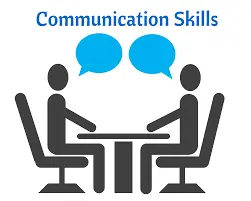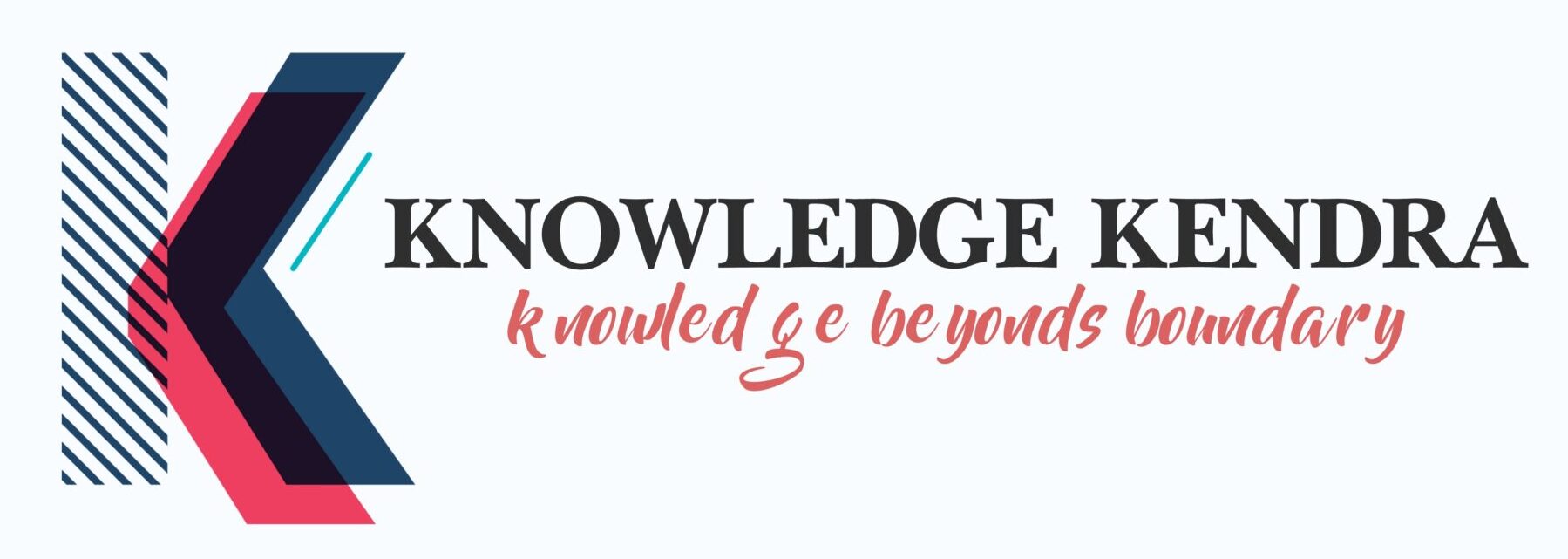It is indeed an exciting time entering college, with new opportunities and experiences in abundance. However, for many students, the end goal is pretty clear: securing a high-paying placement upon graduation. In today’s competitive job market, companies are looking for candidates who possess a mix of hard and soft skills that make them well-rounded professionals.
Developing the right skills will surely keep you out and stand to earn you a high income position, especially in your years of college. This report aims to outline the critical aspects students at college should develop with their career, making the graduate attractive to recruiters.
- Technical skills and competence
In most fields, technical expertise is essential. The degree and nature of technical competence will be career-dependent. Here’s a breakdown of key technical skills that cut across domains:
a. Coding and Programming
For any students studying engineering, IT, or other fields of technology, coding knowledge is a must. For example, Python, Java, and C++ are languages that prove very useful. Non-technical majors can also acquire the basics of coding knowledge since its applicability has increased in recent times in data analytics, marketing, and finance fields. Knowledge of version control systems like Git and cloud-based platforms such as AWS or Google Cloud also help.
b. Analytics and Visualization
Data-driven decisions are needed in almost any industry. The demand for various tools, such as analyzing data in Excel, SQL, and Python and R, is significantly high. Tools such as Tableau, Power BI, or even Google Data Studio help make insights more effectively communicateable and drive people’s decisions.
c. Digital Marketing/SEO
Those who have a particular interest in marketing would also be benefited by knowing concepts of digital marketing, such as Search Engine Optimization (SEO), content marketing, and social media analytics. The certification of Google Analytics, HubSpot, and Facebook Ads are also highly desired as it demonstrates the practical knowledge that the employers would like to see.
d. Software and Tools Related to Your Field
There are special types of software specific to each and every industry. Tools such as familiarity with the engineering side for instance AutoCAD, on a design aspect like Photoshop or business with a bit of SAP gives a better look towards the potential candidates other than you.
2.Problem Solving and Critical Thinking:
Companies eagerly hire a person who also displays effective problem solving or critical thinking. Hereby, businesses seek new candidates who could think independently for complex issues, break down difficult issues to define and process it, and then apply all the ideas to invent the right solution for the right issues. And, here goes your skill development over a period of time.
Join Case Competitions: This can be done using a company platform or your respective college academic societies where case-competition will really get one sharpen his critical thinking mind for newer solutions along with real world problems of current businesses.
- Challenging Courses: Take courses that demand analytical thinking, like logic, economics, or advanced math. These subjects train you to analyze and solve problems systematically.
- Puzzles and Brain Games: Logic puzzles, Sudoku, and brain-teaser games are fun ways to improve problem-solving abilities and critical thinking.
3. Communication Skills

Effective communication is an attribute of success in any role. Whether you are coding or leading a team, the ability to clearly communicate your ideas is very important. Good communication skills include the following aspects:
a. Written Communication
Writing skills are essential and will also enable you to produce good reports, presentations, and proper emails. Try to practice concise, clear, and persuasive writing. Improved written communications can help you impress in emailing, proposals, and documenting.
b. Oral Communication and Presentation Skills
Public speaking and presentation skills are often neglected but crucial. These will set you apart in interviews, meetings, and presentations. You can improve your public speaking by joining clubs like Toastmasters or learning courses on Udemy or Coursera.
c. Listening Skills
Active listening is a vital aspect of communication. Engaging in discussions with other people, asking questions, and putting oneself in other people’s shoes strengthens listening skills. Most employers prefer candidates who listen well since it gives them better teamwork and eliminates misunderstandings.
4. Flexibility and Adaptability
Since companies are always evolving to suit modern technological advancements and demand from the workplace, organizations look for employees who can grow with the change. In an environment where ambiguity occurs and unfamiliar tasks are imposed, adaptability shows a sense of thriving in every different environment. Here is how to build adaptability:
Learn New Skills Continuously. When one has a growth mindset, one learns new skills to be abreast of more knowledge; thus, learning new techniques or adapting to new technologies is more feasible.
- Assume Different Functions in Projects: Never be afraid to undertake different functions in your college projects. This will make you feel comfortable with different jobs and provide knowledge into various aspects of team work.
- Teamwork and Collaboration
There comes the time in a person’s professional life when it actually depends on collaboration for attaining success. Thus, proper learning about teamwork in as well as outside workforces is crucial. To hone collaborative skills:
Engage in group activities Join clubs, events and work on group projects; practice teamwork both within school and outside campus walls.
- Use Collaboration Tools: You are to learn collaboration tools, like Slack, Microsoft Teams, or project management tools like Trello and Asana. Understanding how to use these will be quite helpful to coordinate with other team members effectively.
6. Time Management and Organizational Skills
It is when working on multiple responsibilities that good time management and organization really pay off. You are taught how to do this in college so that you can stay on top of academic commitments, extracurricular activities, internships, and personal life while preparing for what happens at work.
- Use a Calendar or Planner: Use the Google Calendar, Microsoft Outlook, or Notion applications for planning your day, making deadlines, and keeping track of what needs to be done.
- Prioritize Tasks: Learn to prioritize tasks based on urgency and importance. Use the Eisenhower Matrix to categorize tasks: urgent-important, important-not-urgent, urgent-not-important, and neither.
Set realistic, measurable goals for what you want to achieve in a given timeframe. This allows you to use your time and track progress.
7. Leadership and Decision-Making Skills
Whether you are a team manager or not, good leadership qualities would suit any role. Leadership generally encompasses taking responsibility, steering a group to accomplish a specific purpose, and making the most optimal decisions. These are some of the qualities that will make you stand out with your employers:
Take a leading role in college projects: Take up the task of leading a project or any event in college. Experience such opportunities for delegating, planning, and problem solving.
- Learn to Make Decisions with Data: This is a critical component for leadership roles. Learn to interpret and use data for sound decision-making.
8. Networking and Relationship-Building
Having an excellent professional network can be beneficial in opening up doors for career opportunities and giving insight into different industries. Build such connections early in college:
- Attending Career Fairs and Networking Events: You’re likely to meet a big host of industry professionals at college career fairs, conferences, and networking events.
- Use LinkedIn: Ensure your LinkedIn account is complete and leverage this to connect with the right people in the industry, group participation, and following/engaging relevant content. Your strong LinkedIn network can identify job opportunities and internships that may not be on the public list.
Seek a mentor: A mentor would help you find your place on the career path. Several professionals are willing to guide a student with their knowledge and experience of the real world.
- Emotional Intelligence (EQ)
Emotional intelligence, or EQ, is the ability to understand and control your own emotions, as well as others and influence them. It is one of the best skills at work, as it can lead to better teamwork, resilience, and the successful resolution of conflicts. Here are some ways of developing emotional intelligence:
Practice self-awareness. Know what makes you angry, sad, and happy. Learn your strengths and weaknesses, and request feedback from others.
- Empathy toward Other People: Attempt to view things from other peoples’ points of view. That helps build empathy and stronger bonds.
- How to Cope with Stress Techniques: There is a great deal of stress in college, so how to handle it such as meditation, journaling, or talking with friends needs to be learned.
10. Financial Literacy
Financial literacy is as much a part of living as it is in most professions, especially in business and management. Knowing the basics of budgeting, investing, or personal finance can help one manage their own finances and understand financials in business. Candidates who show an understanding of finance are appreciated by employers.
Online courses in finance management will teach you budgeting, saving, investing, and managing your debt appropriately.
Books on financial literacy include titles like Rich Dad Poor Dad by Robert Kiyosaki or The Millionaire Next Door by Thomas J. Stanley.
11. Industry Knowledge and Research Skills
One of the most crucial competencies while preparing for placements is industry knowledge and research abilities that will keep you current with the times.
Industry knowledge brings out the fact that you care about the field in which you are specializing and tells an idea of what businesses appreciate.
- News Updates: Subscribe to related industry publications, blogs or news sites. Finance students should follow Bloomberg or The Financial Times. Students in tech might be interested to read Wired or TechCrunch.
- Join Professional Associations: Most professional associations offer networking, current industry information, and professional development. Many student chapters are available at significantly lower membership fees.
12. Interviewing and Self-Presentation Skills
For a high-paying job, acing the interview matters. Interviewing will increase your confidence in communicating knowledge and make you memorable. How you can build these skills:
if you want to be financially independent by doing part time work on your laptop or mobile phone the please visit this post https://knowledgekendra.com/top-earning-ideas-for-students-in-2025/
Visit this site for more info https://www.indeed.com/career-advice/career-development/skills-to-learn-in-college




Pingback: "How to Find Your Life Goals: A Step-by-Step Guide for Clarity 2025" - Knowledge kendra